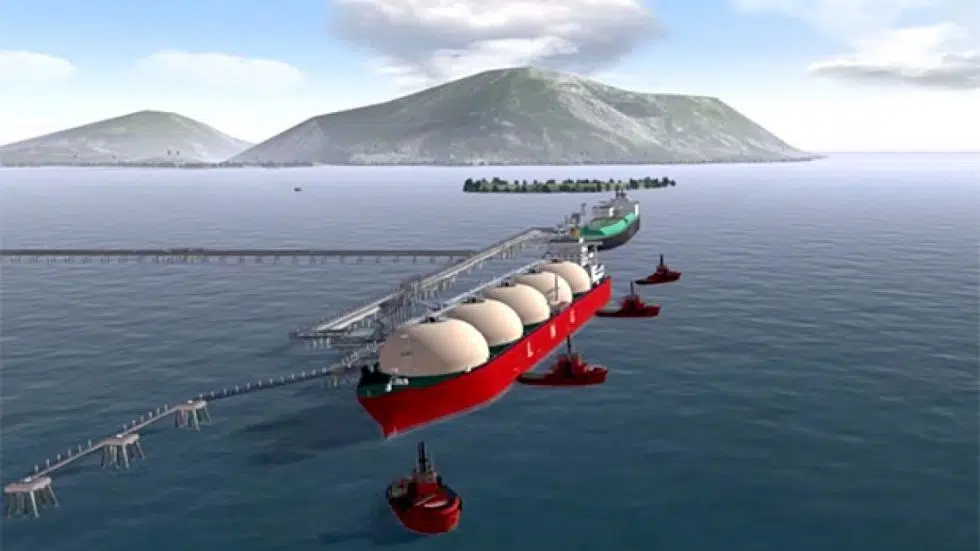
Conference Board says LNG would provide big boost to economy, if it goes ahead
VANCOUVER — A new study says Canada would get a big economic boost from a liquefied natural gas industry, especially British Columbia, including tens of thousands of jobs and billions of dollars in economic activity.
The Conference Board of Canada’s report was issued Monday as the future of Canada’s LNG industry is complicated by low global energy prices that have delayed at least two B.C. projects.
The board found that if the industry produces 30 million tonnes per year of LNG, Canada’s economy would grow by $7.4 billion a year over 30 years.
The report, titled “A Changing Tide,” says the main beneficiary would be British Columbia, which would see 46,800 jobs created and $5.3 billion a year of economic growth over that 30-year period.


